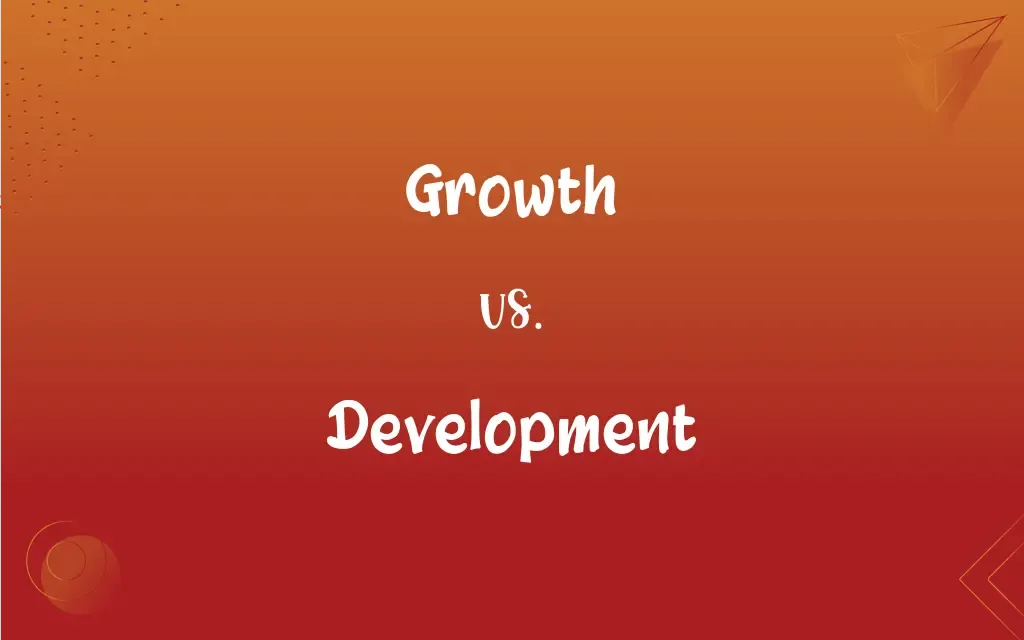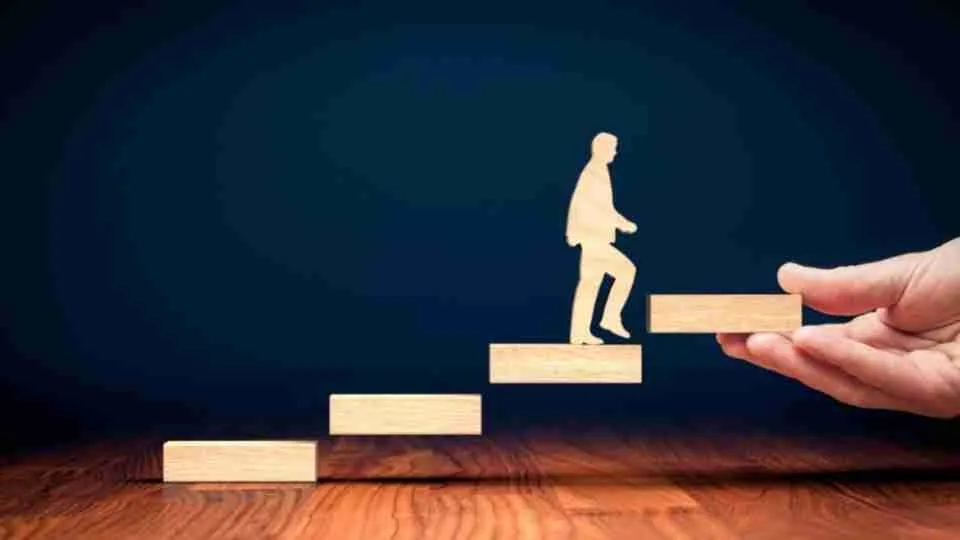Growth vs Development – What are the Differences?
For some, such a statement will sound utterly idiotic as they do not understand the differences between growth and development. While those words are often used to express a person’s overall attitude about his life, there are still some differences that give them the chance for use in very different contexts.

Absolute perfection implies both an increase in size and a quality improvement. Growth here means an expansion of physical characteristics, which means the growth can be understood as changes in body size, body weight, or several cells.
It is a quantitative variable, which can be measured and often expressed in figures, such as a child growing taller or a plant growing leaves.
On the contrary, development is wider and it includes, not only changes in skills, knowledge, behavior, and capabilities, but also data-driven decision-making, data analytics, and data-driven performance monitoring on an organizational level.
Development involves quality changes in some aspects, not only growth and transition in physical dimensions. It has developmental phases and progression at each stage is crucial to teaching/adapting.
In short, growth is the term that refers to the process of physical change that occurs through age, for example, increasing physical size and gaining weight, and development is more comprehensive changes in skills, knowledge, behavior, and capableness of humans in many fields.
The Definition of Growth
This kind of growth is defined as the phenomenon when alive cells or organisms get bigger, increasing in number and volume.
Such phenomenon refers to a modification that is usually minor but significant and can happen between living things (plants, animals, and humans).
This is a natural phenomenon that shows that an organism is just doing the needful by being increasingly robust to meet the growing challenges of life.
It can be traced to nourishment, genetic, environmental, and aging components. In most situations, growth is a gradual process that is enhanced continuously as we grow by age, although this may not be as swift in a certain individual or a specific environment.
An Overview of Development

Development is regarded as the process whereby individual people, organizations, institutions, communities, or societies experience growth, changes, and progress in several areas of their lives.
It covers the individual’s alteration of physical, mental, emotional, social, and intellectual aspects as time, subsequently, happens. By development, one can refer to personalities, communities, societies, and even natural systems.
This is an ongoing process of cognitive learning, adjusting, and gaining new skills, information, and capabilities.
One’s development is an outcome of inherited genes, conditioned environmental factors, knowledge, and experiences from different events and interactions with others.
It is a dynamic undertaking, a continuous and ongoing process, a shaping force that builds and creates individuals and societies as people grow, mature, and function better across various areas of their daily living.
How Does Growth Work With Development?
Transformation covers this process, as it is the change in the skill level, the level of competence, the habits, and the power tools.
It incorporates aspects of an individual’s thoughts, feelings, and social relations as well as psychology, which defines personal development.
Development implies the hard work of learning, growing maturing, and going through the stages of an individual’s life. Gradually, the person becomes more competent and adapts better to the nature of their surroundings.
One can say development and growth are twined by the lines of transformation as this goes beyond physical proportion by building cognitive, emotional, and social abilities at the qualitative human level.
By and by, they build up resilience and usefulness that are needed in individuals and in the communities they live in.
Conclusion
The term development is often being used in a broader sense, to include more than a physical change.
Growth is the change of size and quantity, but development refers to other kinds of changes, too, for example, skills, knowledge, behavior, and developed capabilities.
Progress Quite rapturous, structures are made possible by economic growth, but it is the development that can be characterized by meaningful alterations in different sectors of life.
Both ways may contribute to the occurrence of personality fuller and a society one of the differences, which influence individuals and societies.
CSN Team.
